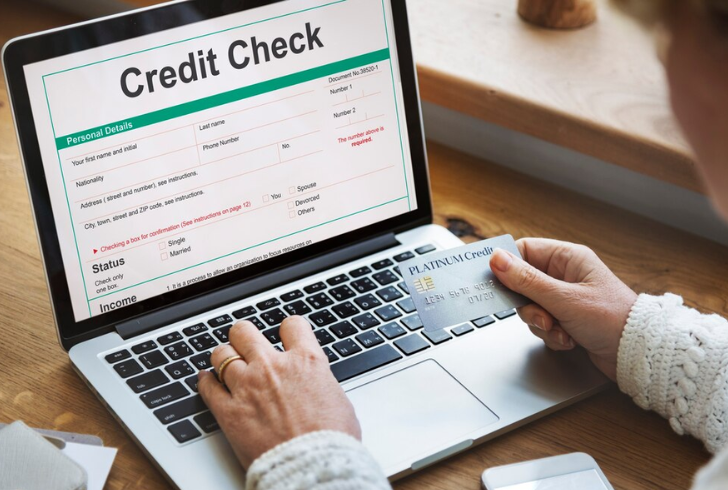Building a strong credit score isn’t about shortcuts or secret methods—it’s about understanding and applying a few key principles consistently. Many advertisements claim to offer quick fixes, but the truth is, improving your credit score takes a bit of effort and time.
Let’s explore three actionable strategies to enhance your financial health.
1. Consistently Pay Bills on Time
Your payment history makes up 35% of your credit score, making it the most critical factor in credit assessment. Late payments, even by a few days, can significantly impact your score, especially if they’ve occurred recently.
To stay on track:
1. Set reminders or automate payments for recurring bills like credit cards, utilities, or loans.
2. Keep a monthly checklist to ensure no payment is overlooked.
3. Address overdue balances immediately to minimize their effect on your score.

Freepik | Drazen Zigic | Paying bills on time improves your creditworthiness.
A financial expert once explained that paying bills on time is like earning trust—consistency strengthens your reliability in the eyes of lenders. Missed payments from years ago will eventually weigh less on your score, so prioritize timely payments going forward.
2. Manage Your Credit Utilization Wisely
Credit utilization—the percentage of your available credit that you’re using—accounts for 30% of your FICO score. High utilization can signal financial strain, even if you’re making regular payments.
To improve your utilization ratio:
1. Aim to use no more than 30% of your total credit limit.
2. For optimal scores, keep utilization closer to 10% or lower.
3. If possible, request a credit limit increase—but avoid increasing spending.
For example, if your credit limit is $5,000, try to keep your balance below $1,500. Lower utilization demonstrates responsible credit management and positively affects your score over time.
3. Avoid Carrying a Credit Card Balance
Contrary to popular belief, carrying a balance on your credit cards doesn’t boost your credit score. Paying off your full balance each month shows that you’re responsible with credit while also helping you avoid interest charges.
Here’s why this matters:
1. Lenders report account activity even when you pay in full, so your credit remains active.
2. Keeping a zero balance reduces your risk of falling into debt.
3. Regularly paying in full ensures your finances stay healthy while contributing to a strong credit profile.
If you’re currently carrying a balance, focus on paying it down. Start with the cards that have the highest interest rates, then tackle others to minimize overall costs.
Additional Tips for Long-Term Success

Freepik | rawpixel.com | Protect your credit score by regularly reviewing your credit reports for inaccuracies.
1. Check Your Credit Reports Regularly
Errors on your credit report can drag down your score. Obtain free reports from the three major credit bureaus—Experian, TransUnion, and Equifax—and dispute inaccuracies promptly.
2. Avoid Opening Too Many Accounts at Once
Each application for credit results in a hard inquiry, which can temporarily lower your score. Open new accounts only when necessary.
3. Keep Old Accounts Open
The length of your credit history also influences your score. Even if you don’t use an older account frequently, keeping it open can help maintain a longer credit history.
Patience Pays Off
Improving your credit score isn’t an overnight process, but steady, responsible habits yield results within a few months. A financial advisor likened it to a fitness journey - “Slow and consistent progress always beats trying to take shortcuts.” By following these strategies, you’ll not only improve your credit score but also set the foundation for long-term financial health.





